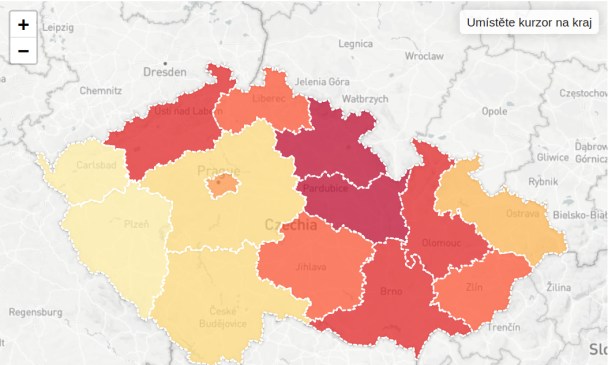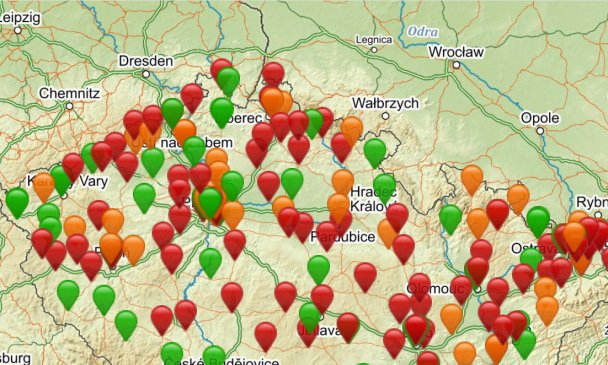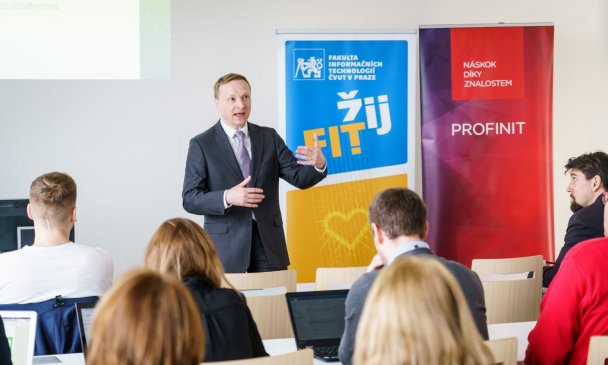What we do
In our laboratory, we primarily focus on processing of available data, of which huge amounts exist, but whose use lags behind. In the lab, new applications, analyses and conclusions can be created using this data that will make everyday life simpler. In this way, processing of this data provides an opportunity to spare or streamline the existing processes and improve people’s everyday lives.
Our completed projects are available on our website, and the source code can be found on GitHub. The projects are related to topics such as invoices from ministries and other organizations, public contracts, bid prices, and Prague’s integrated transport system. However, the amount of published data continues to grow each year. There are datasets on granted subsidies (both solar and EU), weather, voter turnout, debt collections, and many others. You can also look at our list of currently open topics.
The laboratory is involved in research in the field of open and linked data. We also focus on efficient exploration of the linked data environment or data administration in heterogeneous and dynamic environments. This helps in the solution of practical tasks in the above mentioned areas, but not only in them. At the same time, this helps create demand for opening and linking of other interesting sources of data of the public administration that can subsequently be publicly accessible in the National Open Data Catalogue.
Another interesting avenue is the research into the use of knowledge graphs and bases for enrichment of open data and vice versa. The increasing amount of open data from various fields can significantly enrich the knowledge bases that are used in a number of other applications.
We also solve tasks related to text processing. For instance, the register of contracts contains a large amount of machine-readable documents. We have solutions for categorization of documents, searching for addresses, contact information and common parts of documents in a scope comparable to that of commercial apps. We have also been tasked with processing of images and sound.
In the lab, students can work with open data sources. This provides them with a unique opportunity to study data on transportation services, the government’s economic policy, the environment and many other areas in their course projects and theses.





